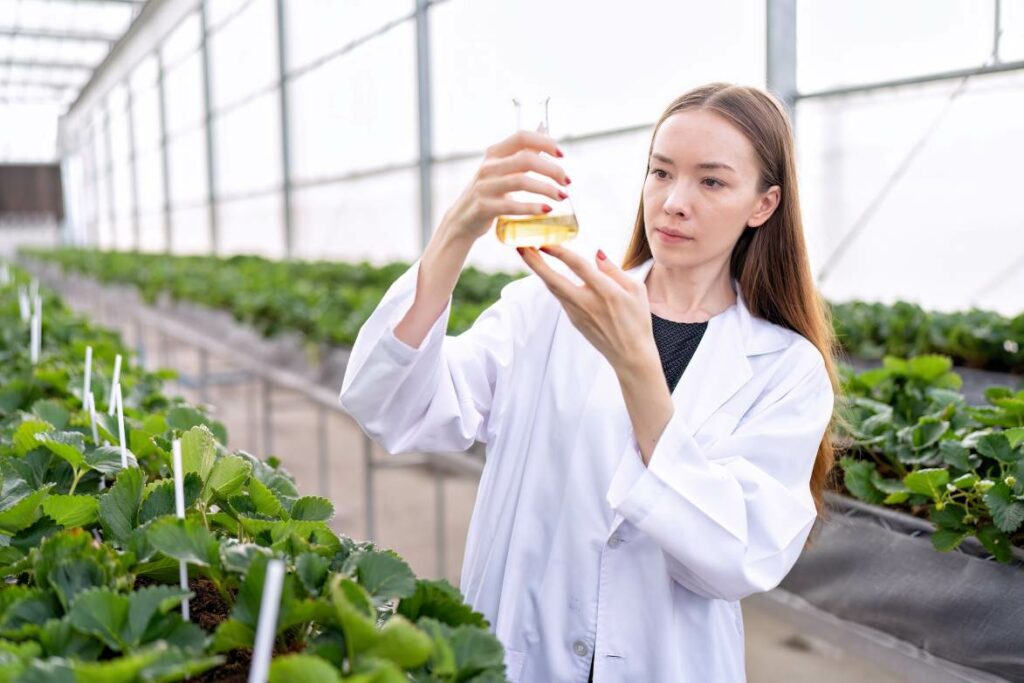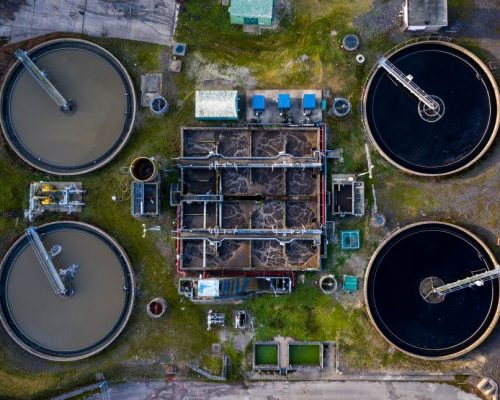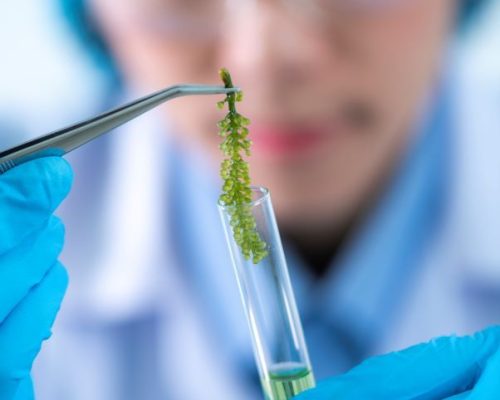Cellulase is an enzyme that breaks down cellulose, a complex carbohydrate found in plant cell walls, into simpler sugars. In soil, cellulase acts as a decomposer, breaking down plant matter and other organic material into smaller compounds that can be used by other microorganisms as a source of energy and nutrients. By breaking down cellulose, cellulase helps to improve soil structure and fertility, as well as increase the overall health of the soil.
Cellulase is produced by various types of microorganisms, including bacteria, fungi, and protozoa. These microorganisms are essential for maintaining a healthy soil ecosystem, as they play a key role in the decomposition of organic matter and the release of essential nutrients. By breaking down cellulase, these microorganisms help to create a nutrient-rich environment that supports plant growth and other important soil processes.
In summary, cellulase plays a critical role in soil health by breaking down cellulose and improving soil structure, fertility, and overall health. By supporting the activity of decomposer microorganisms, cellulase contributes to a healthy and dynamic soil ecosystem.

















